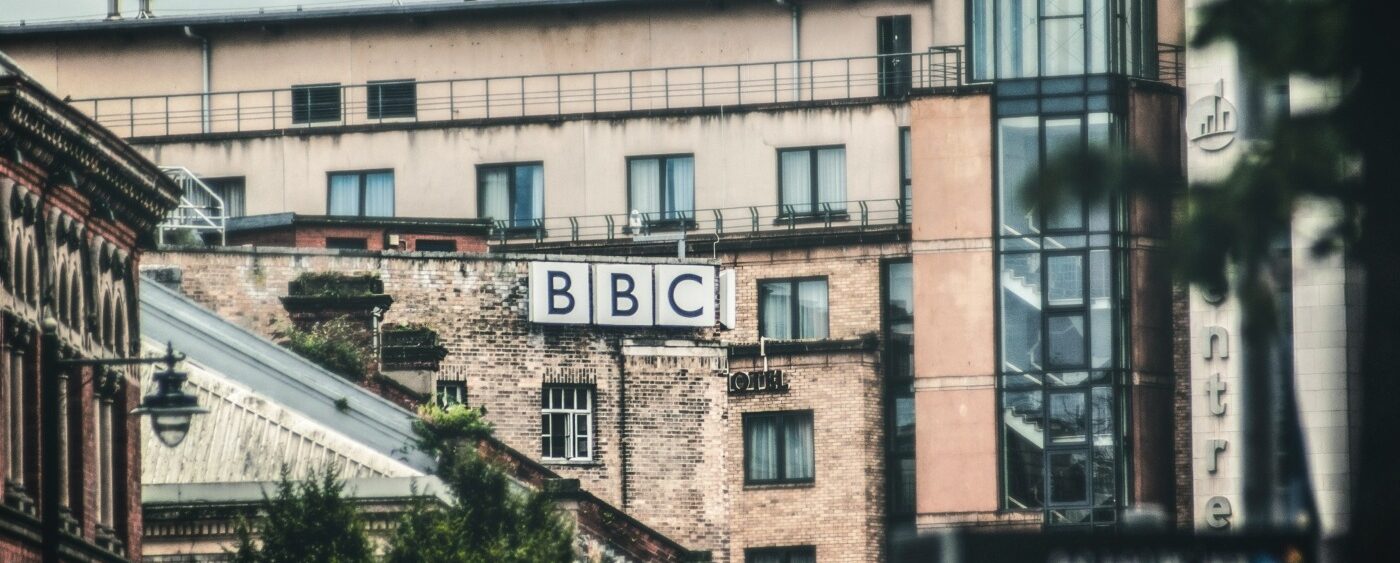The BBC’s problems go far beyond Oxbridge recruitment
BBC Director-General Tim Davie has announced that Oxford and Cambridge graduates will no longer be given as many top jobs at the corporation in an attempt to modernise it and reflect “socio-economic diversity”. But with more problems than ever before in its long history, can he save the nonagenarian broadcaster this way? Maybe. But it all depends on what happens next.
I’ll be honest, there’s a lot to like about the BBC, from David Olusoga documentaries to Doctor Who. Nonetheless, it is far from perfect. There’s a noticeable lack of trust in BBC News. There’s competition from Netflix. And when it comes to representation, it has been accused of failing both people of colour and non-metropolitan communities. It’s being criticised by individuals from all over the political spectrum and this latest measure could be too little, too late. It’s not necessarily a bad decision, but on its own it is far from enough.
The Director-General is right to point out inequality. In 2017 it was discovered that 45% of BBC staff earning £150,000 or more went to private school, and of those who didn’t the majority went to grammar schools. For comparison, only 7% of the country is educated privately. In 2019, a press release from the Social Mobility Commission found that of the most influential news editors and broadcasters, 43% had been to private school.
But recruiting fewer Oxbridge graduates and giving more places to the less privileged are not the same thing
And whilst Cindy Yu in The Spectator might want to point out that more and more Oxbridge places are now given to state school pupils, the figures still show that private school kids are overrepresented. It’s quite simple. If you went to a private school, you’re more likely to get into Oxbridge. And if you went to Oxbridge, you’re more likely to get a top job. It’s unfair, and there’s no way to justify it. If you recruit elsewhere, you’re more likely to get people who haven’t been as privileged as many Oxbridge graduates.
But it’s hardly enough on its own. It’s reassuring to know that those who had a tougher time at school and may not have had a fair attempt at getting into a top university might now be given a second chance. But recruiting fewer Oxbridge graduates and giving more places to the less privileged are not the same thing. How does the BBC actually plan to find the kids who grew up in unheated homes, or those who never had parents who could support them financially during unpaid internships, or who could never get jobs from friends in professional social networks? I’m not expecting the BBC to fix Britain’s terrible education system, but I would like to know where they’re going to find the young people that got left behind. Looking beyond Oxbridge is a good start, but where is their gaze now? If you’re only replacing ‘Oxford’ and ‘Cambridge’ with the names of other Russell Group members, how much will the BBC truly change? It’s a good start Director-General, but it’s only a start.
It’s reassuring to know that those who had a tougher time at school and may not have had a fair attempt at getting into a top university might now be given a second chance
Additionally, how will this fix the BBC’s other problems? How can it win back viewers from Netflix? How can it restore trust in its news reporting? How can it reach out to those it has underrepresented? I think the solution to all of these is simply to get a more diverse range of people working at the BBC. Working-class drama or comedy producers know what working-class viewers want to watch. A different perspective in the newsroom might help the BBC understand that impartiality does not mean giving equal airtime to someone who is so obviously lying, or that people outside of London might have opinions that can’t be contained in a vox pop. The British Broadcasting Corporation doesn’t feel very representative of 2020 Britain. I’m glad that they’re looking away from Oxford and Cambridge, but just where are they looking for their replacements? If they get this wrong, they’re not only failing the underprivileged but failing to work on their own very real problems too.
I’d like to think that this is a step in the right direction, with plenty more strides to follow. If there are, then Auntie Beeb is doing well. If this is it, then the problems will just keep on coming.

Comments